Agreement is the first deal between the EU and a South-East Asian economy and is a stepping stone to greater engagement between the EU and South-East Asia

The EU and Singapore have concluded the negotiations of the investment part of the EU-Singapore Free Trade Agreement (EUSFTA). This marks the successful conclusion of the negotiations of the entire EUSFTA, following the initialling of the other parts of the agreement in September 2013.
‘The conclusion of this chapter marks an important step in our partnership with Singapore, strengthening our investment relations’, said EU trade commissioner Karel De Gucht. ‘Now, we have a comprehensive agreement that is a gateway to this important region in Asia. It will help boost economic growth, investment and job creation in the EU. It will help opening the door for Europe to the ASEAN market with 600 million consumers.’
The Investment Protection Chapter (IPC) in the EUSFTA will strengthen investment relations between the EU and Singapore. The chapter commits both the EU and Singapore to ensuring a stable and fair regime for foreign investors while preserving the right of the parties to regulate in the public’s interest.
Next steps
Negotiations on investment protection had started later based on a new EU competence under the Lisbon Treaty and have only now been completed.
The IPC will now undergo legal scrubbing before both sides will formally finalize the negotiations. After the agreement has been translated into all official EU languages the agreement will be signed and ratified by both parties.
The EU-Singapore FTA
The EUSFTA is a comprehensive agreement with extensive commitments by both parties to provide greater access to each other’s markets, including through the liberalisation of services, investment and procurement markets, and the removal of tariff or non-tariff (that is, regulatory or technical) barriers to trade. Singapore exporters of electronics, pharmaceuticals, chemicals and processed food products in particular will benefit from the removal of the EU’s tariffs, while EU exporters will be granted immediate duty-free access to the Singaporean market for all products. Businesses from both sides will also be able to gain access to each other’s services markets in a wide range of sectors. Furthermore, the EUSFTA will see the removal of a number of non-tariff measures between the EU and Singapore, improving access for exporters of pharmaceuticals and electronics. Both sides have made a special effort to use the agreement as a means to stimulate green growth. In addition to removing obstacles to trade and investment in certain green technologies, the EUSFTA will foster green public tendering and create new opportunities in environmental services.
EU-Singapore trade relations
The EU and Singapore are important trading and investment partners. In 2013, the EU accounted for close to 10% of Singapore’s global trade and was Singapore’s third largest trading partner, with bilateral trade standing at €46.7bn. Singapore was the EU’s 15th largest global trading partner and fifth largest trading partner in Asia. In terms of investment flows, the EU was the largest contributor of Foreign Direct Investment (FDI) into Singapore, accounting for almost €118.7bn and 25.9% of the total stock of FDI in Singapore, while Singapore was the second largest Asian investor into the EU with €68.6bn FDI in 2012.
The EUSFTA is the first deal between the EU and a South-East Asian economy and constitutes a stepping stone to greater engagement between the EU and South-East Asia. More than 10,000 European companies are present in Singapore, many of which use Singapore as a hub. The agreement will open the door for Europe to the ASEAN market with 600 million consumers.






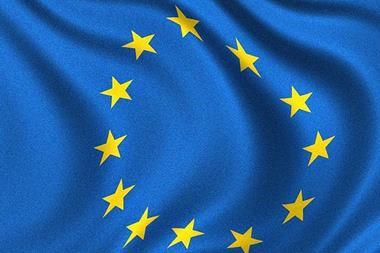
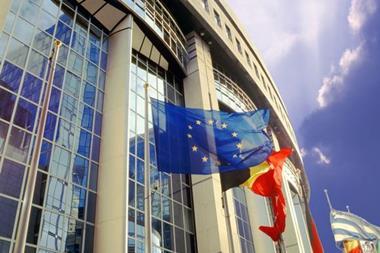

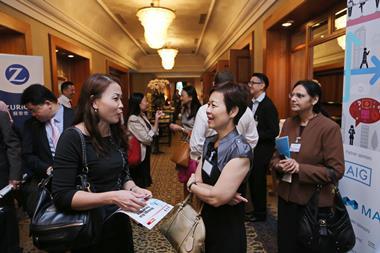


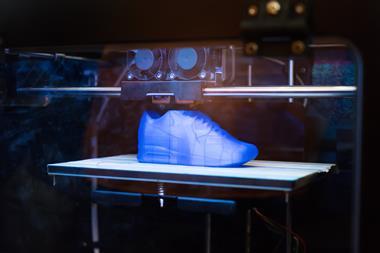


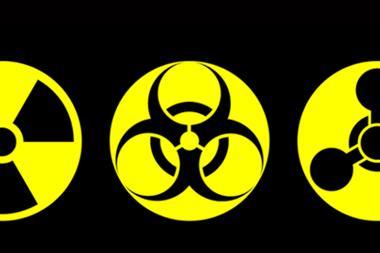




No comments yet